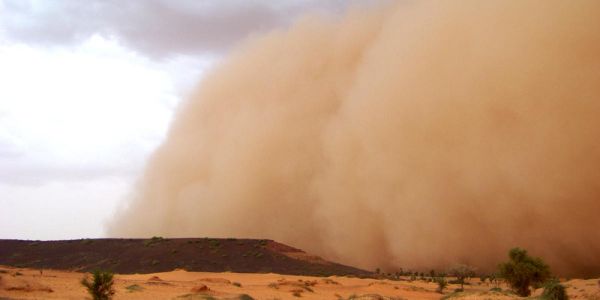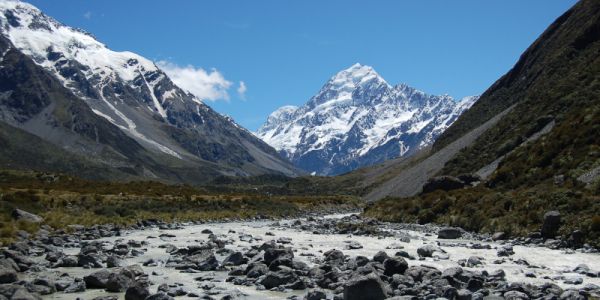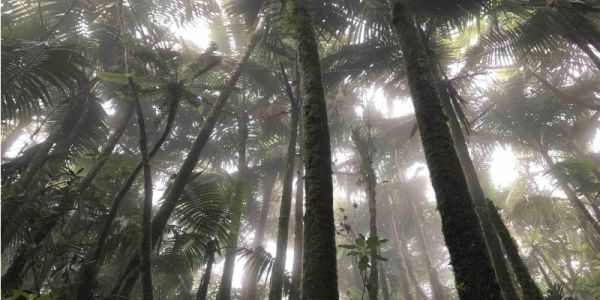
Leeds chosen by WHO to help create global health strategy
The University has partnered with the World Health Organisation to create a global strategy to protect populations against future threats such as the COVID-19 pandemic.

The University has partnered with the World Health Organisation to create a global strategy to protect populations against future threats such as the COVID-19 pandemic.

Sea level rise caused by melting ice could be halved this century if the Paris Agreement target of limiting warming to 1.5°C is met.

Scientists are using weather forecasts to predict the location and scale of impending meningitis outbreaks in sub-Saharan Africa.

The permanent rise of oxygen in the Earth’s atmosphere, which fundamentally changed the subsequent nature of Earth’s habitability, occurred much later than thought, according to new research.

UK Research and Innovation has announced a large cut to the Global Challenges Research Fund (GCRF) as a result of the Government’s decision to reduce spending on international aid.

Eating processed meat has been linked with an increased risk of developing dementia.

Melting glaciers could be triggering a ‘feedback process’ that causes further climate change, according to new research.

Lightning strikes were just as important as meteorites in creating the perfect conditions for life to emerge on Earth, geologists say.

Global targets to improve the welfare of people across the planet will have mixed impacts on the world’s forests, according to new research.

Researchers have mapped the physical organisation of the brain of a soil-living nematode worm, creating a new model for the architecture of the animal’s brain.